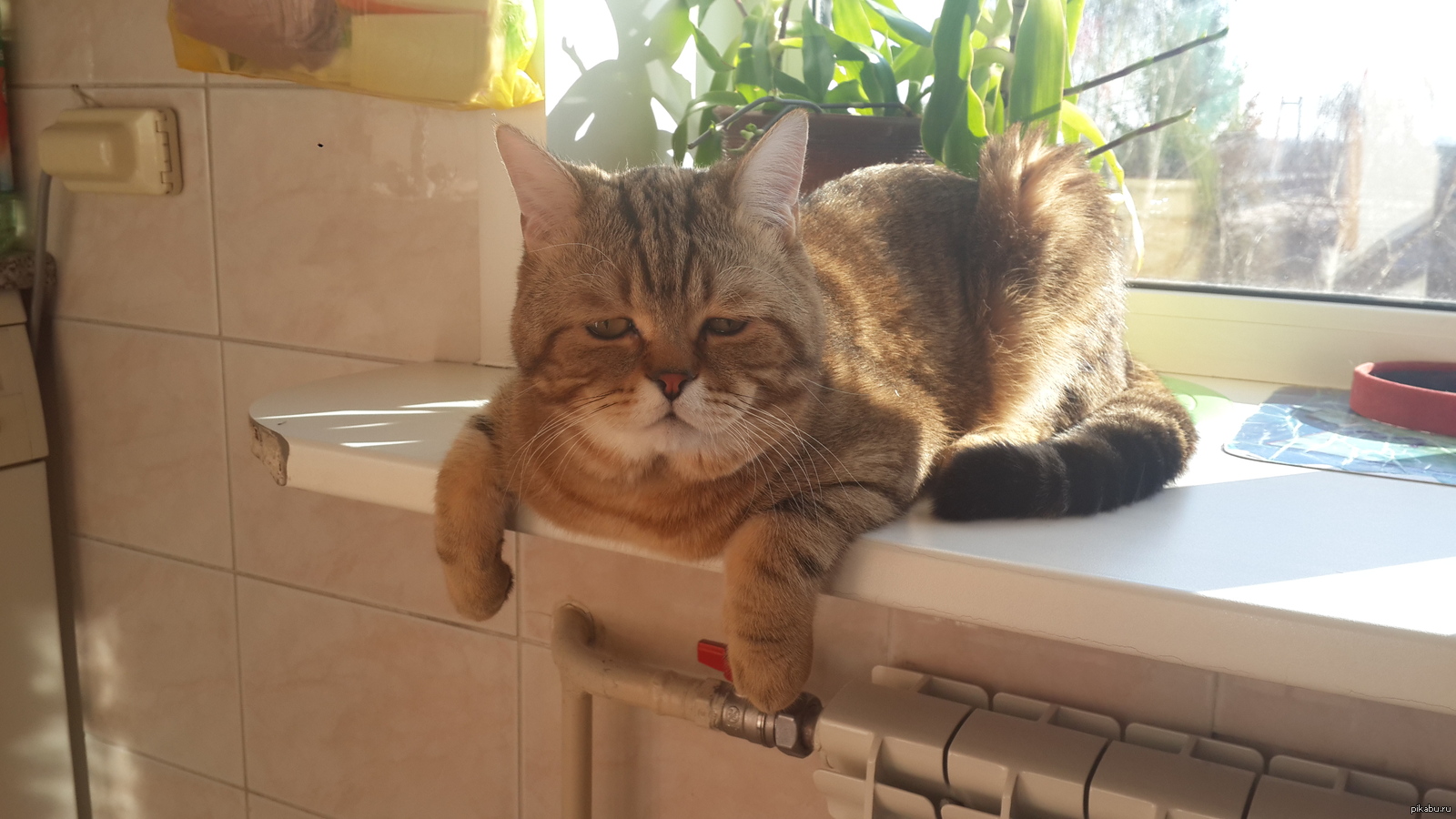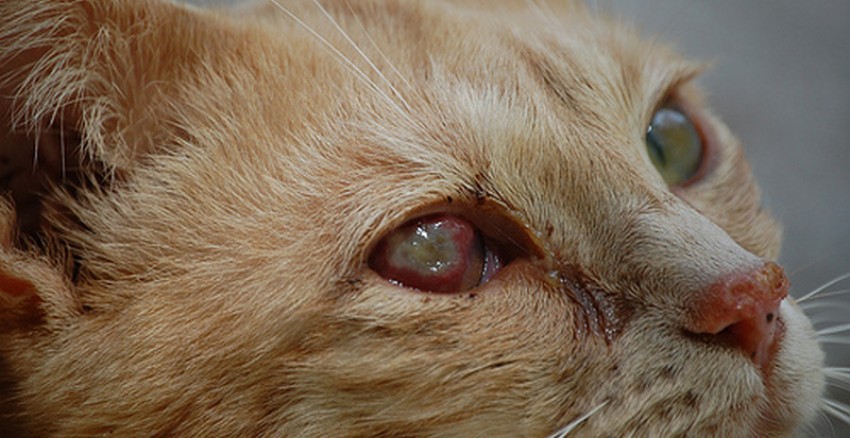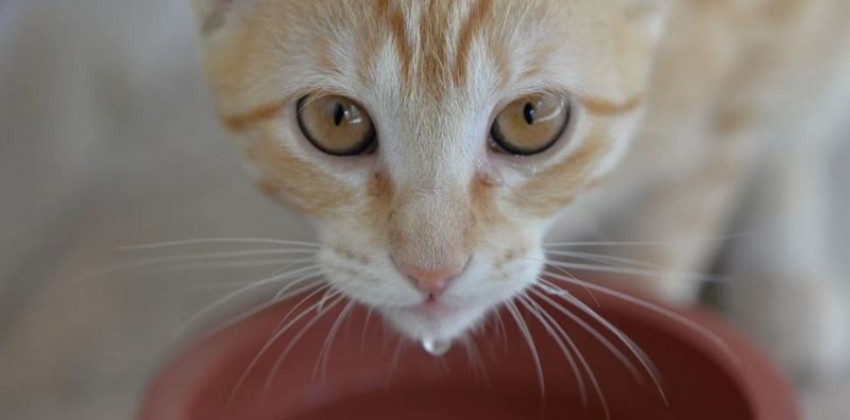10 questions you should ask your veterinarian
 In order to diagnose faster and more accurately, it is extremely important for a veterinarian to obtain comprehensive information. Before visiting the veterinary clinic, we recommend owners write a list of questions you want to ask your doctor. It is very easy to forget the things you wanted to discuss when you are worried about your pet’s condition.
In order to diagnose faster and more accurately, it is extremely important for a veterinarian to obtain comprehensive information. Before visiting the veterinary clinic, we recommend owners write a list of questions you want to ask your doctor. It is very easy to forget the things you wanted to discuss when you are worried about your pet’s condition.
If you are not completely sure what questions to ask the vet, we have some tips for you that will help you prepare for the visit to the veterinary clinic:
1. Is my pet’s weight normal?
Your pet will be weighed during the inspection. Ask the veterinarian about the weight of the pet and how it corresponds to the norm. Overweight or underweight can talk about health problems.
2. Do we feed your pet correctly?
Pet diet requires changes throughout life. The type and amount of food required to change periodically. A discussion of your pet’s diet will help you understand whether your beast is getting the right amount of nutrients, vitamins and minerals. During each annual visit, inform your doctor about the amount and type of food you feed your pet. It is especially important to know if the food has undergone a change in the period preceding the deterioration of the animal’s health. Growing up kittens and puppies, diagnosed diabetes, elderly dogs and cats are just a few of the conditions that require adjustments to the diet.
3. Is this behavior normal?
If you noticed any change in the behavior of your pet, for example, he began to sleep more or less, eat, actively lick, bite or scratch himself, the cat began to urinate outside the tray, there were sudden bouts of aggression or fear, changes in activity or any another behavior change – tell your veterinarian about this. Behavior change can be a symptom that can help identify the disease.
4. When should the next vaccination be given?
Skipping a regular vaccination can lead to infection of your cat or dog. Watch for vaccination terms, ask your veterinarian about the date of the next vaccination.
5. Does my cat / dog need to check their teeth?
Ask a veterinarian about the condition of your pet’s teeth. Ask him if he needs professional help from a veterinary dentist or what you need to do at home to keep your pet’s teeth healthy. The neglected condition of the teeth and gums leads to a painful condition and diseases, which can later lead to the need for an operation in the oral cavity.
6. How relevant is the information on my pet’s chip?
It is a pity, but the information on many microchips (address, telephone) is outdated and not updated. If your chipped pet is lost, it will be difficult to find you without relevant information. Annual inspection is an excellent reason to make sure that the chip is working and the information in the database is relevant. If your animal is still not microchipped, it is better not to delay this procedure.
7. Do I need additional research?
A blood test, an ultrasound scan, an x-ray and other tests or studies can provide the necessary information about the health of the animal. This information can be crucial for timely and accurate diagnosis or prescription of the correct treatment. Ask your doctor if any additional tests or studies are needed and why they should be prescribed in your case.
8. How much will it all cost?
Surprises are good, but not when they appear in the form of a check. Ask about the cost of services before they start to provide
If the cost of the prescribed procedures or treatment exceeded your expectations, discuss with your veterinarian possible alternative options.
9. Ask for clarification
If you do not understand something in the doctor’s story, ask for explanations and ask questions that will help you understand the situation. Do not be shy.
10. What should I do after my visit to the veterinarian?
Before you leave the doctor, make sure that you understand the following steps that you will take at home. What you need to do, what medicines you need to buy, in what dosage and how often you need to use them. Make sure you know exactly what to do next to cure your pet or keep it healthy.



